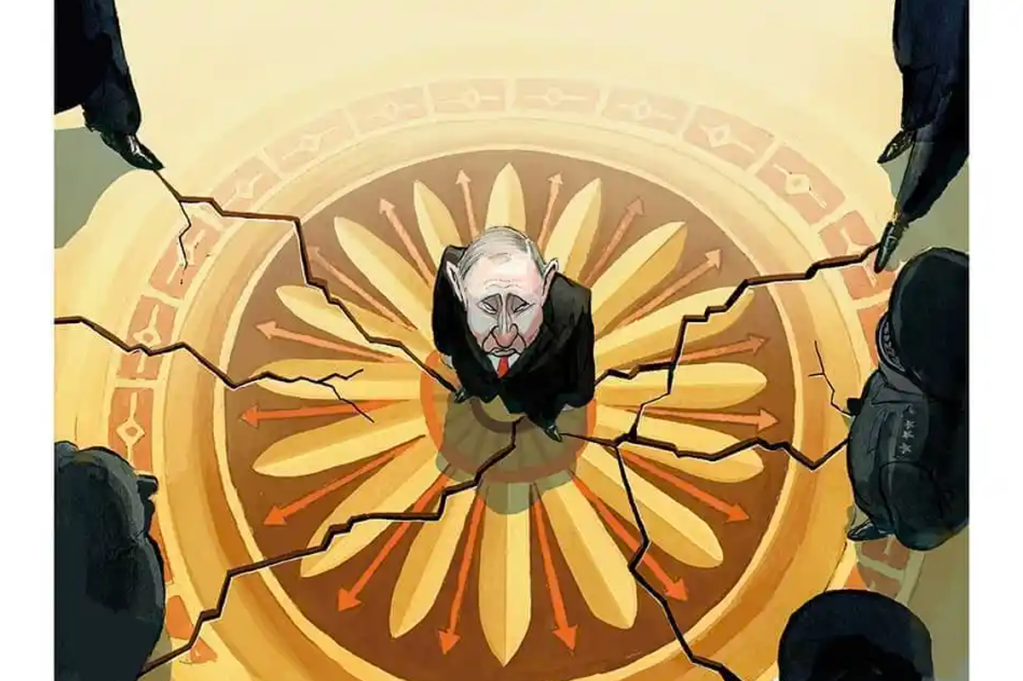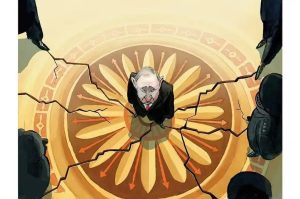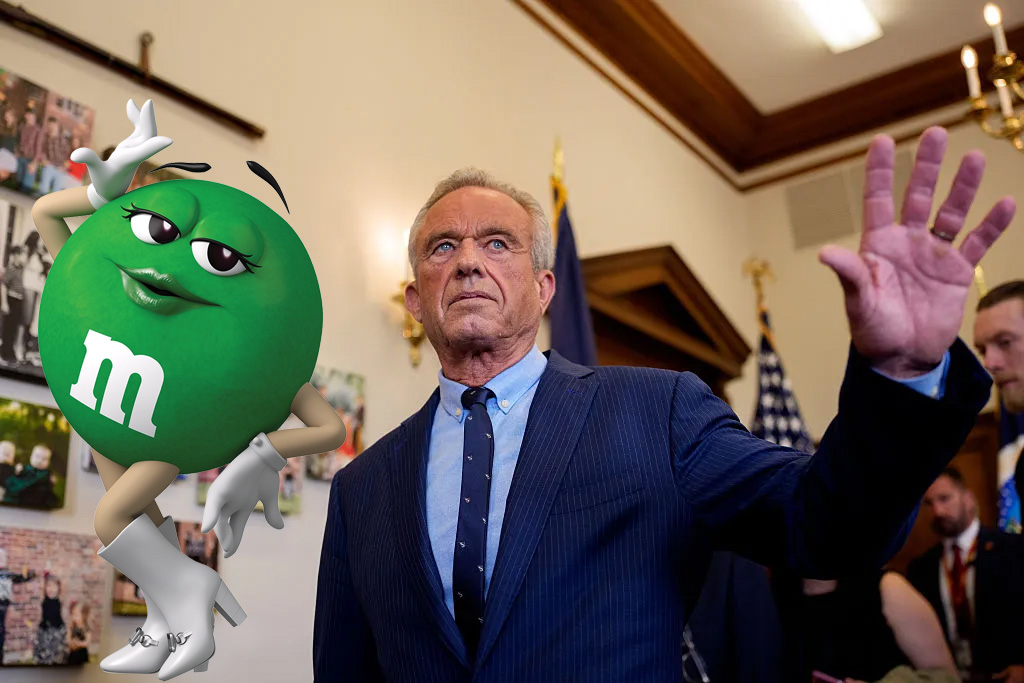Many have weighed in on how Vladimir Putin’s reign will end. Now it is the turn of Volodymyr Zelensky, asserting that he will be killed by his own. But is this wishful thinking, prediction or trolling?
The Ukrainian president was speaking in a documentary, when he said:
There will definitely be a moment when the fragility of Putin’s regime will be felt inside the state and then the predators will devour a predator. It is very important, and they will need a reason to justify this. They will remember. They will find a reason to kill the killer. Will it work? Yes. When? I don’t know.
There is often a degree of deliberate mischief in official Ukrainian pronouncements about the future of the Russian state and its president: the war is a political as well as military venture. Military intelligence chief Kyrylo Budanov, for example, has been especially assiduous in trolling the Kremlin, asserting that Putin has cancer and will die “very soon” (in January), was about to be toppled by a coup (in May), and that Russia will be broken up into numerous new states (back in February of last year).
Certainly rumors about the seventy-year-old Putin’s health have long done the rounds, especially on anonymous social media accounts of distinctly questionable provenance. He is known to have back issues since he was thrown from a horse, years ago, and may also be immunocompromised, explaining the extraordinary (and sometimes farcical) biosecurity measures taken around him in case of Covid. Nonetheless, the lurid claims of Parkinson’s, blood cancer and the like have never been backed up, and I have been hearing allegations that Putin would be dead “within six months” from anti-Kremlin voices in Moscow for at least five years.
With the Russian regime having become so personalistic, though, the leader’s health is a genuinely existential issue. Even the suspicion that he cannot perform his duties or will soon be gone risks driving even loyalists into reconsidering their allegiances, or at least starts new, subterranean political intrigues.
This is undoubtedly part of Kyiv’s calculation. Raising the specter of Putin’s end helps encourage potentially-wavering Western allies that this will not become a hideously expensive forever war. After all, while some cautionary voices suggest that a new leader might be even “worse” than Putin, every bit as hawkish and aggressive but potentially smarter and more vigorous, in practice this is highly unlikely. No one individual has the personal authority to step seamlessly into the gap, meaning a process of coalition-building will likely materialize to drag the political center of gravity away from the extreme, and involving a younger political generation who are more pragmatic kleptocrats than vengeful nationalists.
Far more importantly, though, by framing Putin as a modern-day Caesar, about to be mobbed and stabbed to death by those he trusted, Zelensky is also doing what he can to deepen the paranoia already shrouding Russian politics. For the moment, at least, the chances of any kind of political coup or regicide in Red Square are vanishingly small. Multiple, competing armed forces and security services watch, check and counter each other, from the Federal Protection Service (which provides the Kremlin regiment and Putin’s own bodyguards), to the political police of the Federal Security Service, and the army and National Guard divisions based in and around Moscow.
Yet how far could Putin, a man who doesn’t trust easily, who has seen not only but two authoritarian regimes (the Soviet Union and East Germany) collapse, and who genuinely believes the CIA and MI6 topple regimes across the Middle East and even within post-Soviet Eurasia with galling ease, put his faith in such guarantees? Indeed, how far should he? Those who really matter are not the high-profile (but low-influence) bogeymen such as Wagner Group manager Yevgeny Prigozhin or Chechen warlord Ramzan Kadyrov. Instead it is the wider elite who present the biggest risk to him, made up not of “Putinists” but cynical opportunists who have clawed their way to ill-gotten prosperity by supporting him, but would likely sacrificing him in the name of keeping it.
Putin’s death would almost undoubtedly make ending the war easier. Russia’s new rulers could try and dump the blame for the invasion solely on his shoulders, however craven and transparent a tactic that would be, and the issue of at least his standing trial for war crimes would go away.
However, the real purpose of such statements as Zelensky’s, beyond expressing his belief in the essentially cannibalistic nature of Kremlin politics, is to try and plant a few more seeds of doubt and suspicion. War is, after all, an endeavor of will, and anything that could make Putin a little more suspicious of his own, a little more distracted, a little more isolated, may well be worth as much as one more Challenger 2 in the long run.
This article was originally published on The Spectator’s UK website.

























